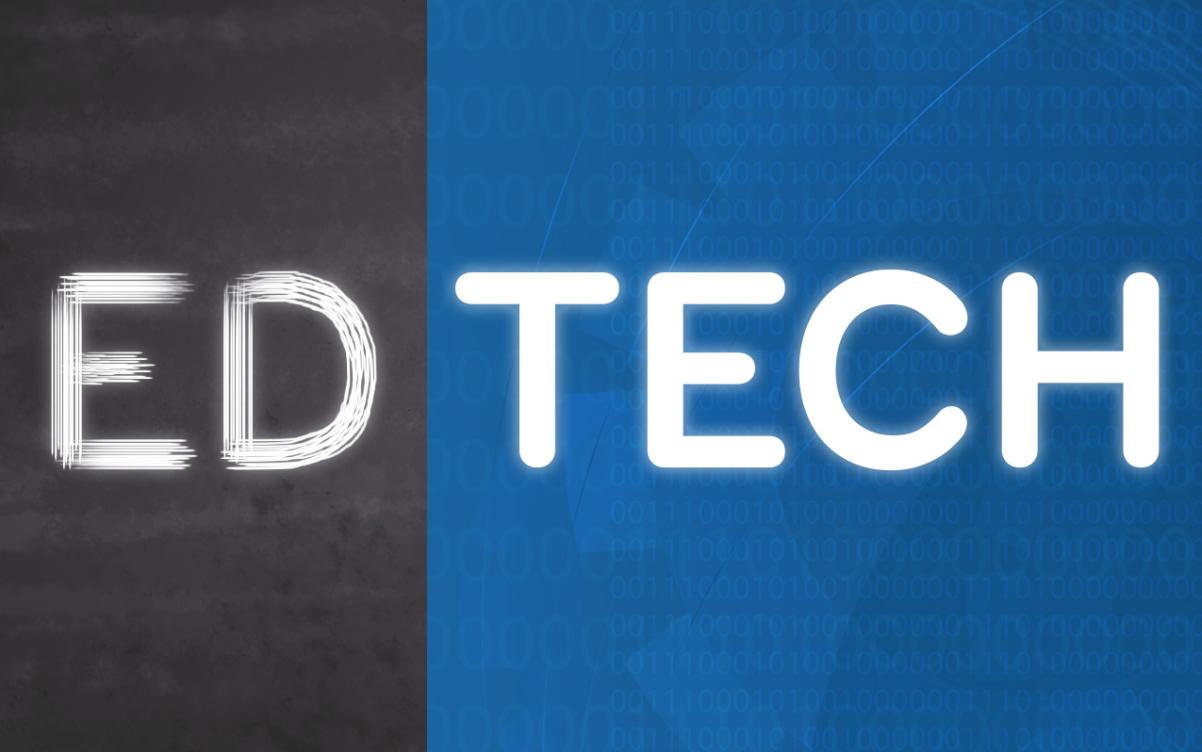What are the Ethical Considerations for Using AI Edtech in the UAE?
Artificial intelligence (AI) is rapidly transforming the education landscape worldwide, and the United Arab Emirates (UAE) is no exception. AI-powered educational technology (Edtech) has the potential to revolutionize teaching and learning, offering personalized and adaptive learning experiences, enhancing student engagement, and improving overall educational outcomes. However, the implementation of AI Edtech also raises important ethical considerations that must be addressed to ensure responsible and effective use.

Ethical Considerations For AI Edtech In The UAE
- Privacy and Data Protection: AI Edtech systems rely on the collection and analysis of vast amounts of student data, including personal information, academic performance, and behavioral patterns. Safeguarding this data and ensuring compliance with UAE laws and regulations on data protection is paramount. Ethical considerations include obtaining informed consent for data collection, ensuring transparency in data usage, and implementing robust security measures to protect student privacy.
- Bias and Fairness: AI algorithms are not immune to bias, which can lead to unfair or discriminatory outcomes for students. Ensuring fairness and equity in AI-driven educational systems is crucial. Ethical considerations include mitigating bias in AI algorithms through careful design and evaluation, promoting inclusivity and diversity in AI Edtech applications, and providing mechanisms for addressing algorithmic bias when it occurs.
- Transparency and Accountability: AI algorithms often operate as black boxes, making it difficult to understand how they make decisions. Transparency in AI algorithms and decision-making processes is essential for accountability and trust. Ethical considerations include providing clear explanations of how AI systems work, establishing mechanisms for auditing and evaluating AI systems, and ensuring human oversight and intervention when necessary.
- Access and Equity: AI Edtech has the potential to exacerbate existing inequalities in education. Ensuring equal access to AI Edtech tools and resources for all students, regardless of socioeconomic status, location, or disability, is a key ethical consideration. Ethical considerations include addressing the digital divide, promoting inclusivity by considering diverse learning styles and needs, and developing strategies for bridging the gap between advantaged and disadvantaged students.
Ethical Guidelines And Recommendations
To address the ethical challenges associated with AI Edtech in the UAE, a comprehensive ethical framework is needed. This framework should include:
- Developing a comprehensive ethical framework for AI Edtech in the UAE: This framework should articulate the principles and values that guide the responsible and ethical use of AI Edtech in the UAE.
- Establishing clear guidelines for data collection, usage, and protection: These guidelines should ensure compliance with UAE laws and regulations, promote transparency and informed consent, and implement robust security measures to protect student privacy.
- Promoting transparency and accountability in AI-driven educational systems: This includes providing clear explanations of how AI systems work, establishing mechanisms for auditing and evaluating AI systems, and ensuring human oversight and intervention when necessary.
- Addressing concerns related to bias and fairness in AI algorithms: This includes mitigating bias in AI algorithms through careful design and evaluation, promoting inclusivity and diversity in AI Edtech applications, and providing mechanisms for addressing algorithmic bias when it occurs.
- Ensuring equal access to AI Edtech tools and resources for all students: This includes addressing the digital divide, promoting inclusivity by considering diverse learning styles and needs, and developing strategies for bridging the gap between advantaged and disadvantaged students.
The ethical considerations for using AI Edtech in the UAE are complex and multifaceted. By addressing these considerations through a comprehensive ethical framework, the UAE can ensure that AI Edtech is used responsibly and ethically to transform education while upholding ethical principles. This will require collaboration among stakeholders, including policymakers, educators, technologists, and students, to develop and implement ethical guidelines and practices that safeguard student privacy, promote fairness and equity, and ensure equal access to AI-powered education for all.

YesNo

Leave a Reply